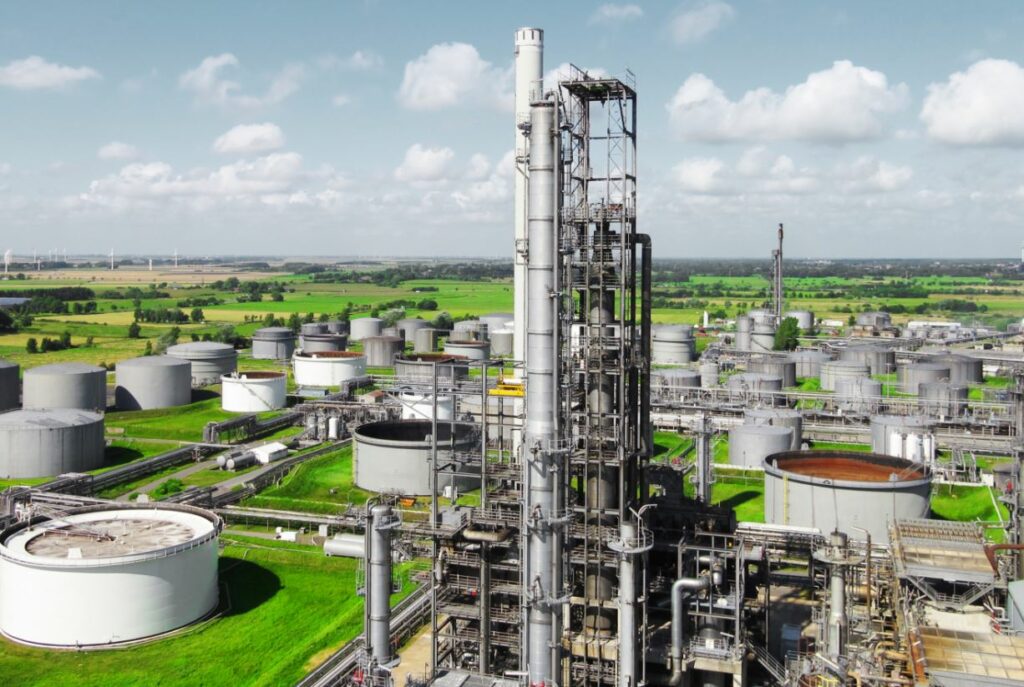In a surprising turn of events, the Heide oil refinery, Ørsted Germany, and Hynamics Germany jointly announced the abandonment of the electrolyzer component of the “West Coast 100” project, a lighthouse initiative aimed at producing green hydrogen.
The decision comes more than three years after the formation of “H2 Westend GmbH,” a consortium created to implement the project in Hemmingstedt, Dithmarschen district.
The “West Coast 100” project, a collaboration between Raffinerie Heide, Ørsted Germany, and Hynamics Germany, initially aimed to construct a 30-megawatt electrolysis plant for green hydrogen production. The project, supported by a substantial investment from the Federal Ministry of Economics, was designed to be a showcase for the energy transition and a flagship project in Germany’s hydrogen strategy.
The central reason behind the abrupt halt to the 30-megawatt electrolysis plant project is cited as prohibitively high construction costs. Despite receiving significant funding since 2020, totaling 36 million euros, the consortium deemed the economic risks and long-term operational costs unjustifiable, leading to the decision to abandon the electrolyzer.
The cancellation of the electrolysis plant not only affects the consortium but also disappoints regional stakeholders. Stadtwerke Heide, a local energy supplier, had plans to participate in the West Coast 100 project with a sub-project called “Green Heating.” This initiative aimed to integrate green hydrogen into the local heating system, a concept now halted due to the project’s termination.
While the electrolysis plant under “West Coast 100” faces a setback, Environment Minister Tobias Goldschmidt emphasizes that the larger electrolyzer project, “Hyscale 100,” remains on the horizon. This project, more than three times the size of West Coast 100, is still in the planning phase, indicating that the commitment to green hydrogen production in the region persists.





